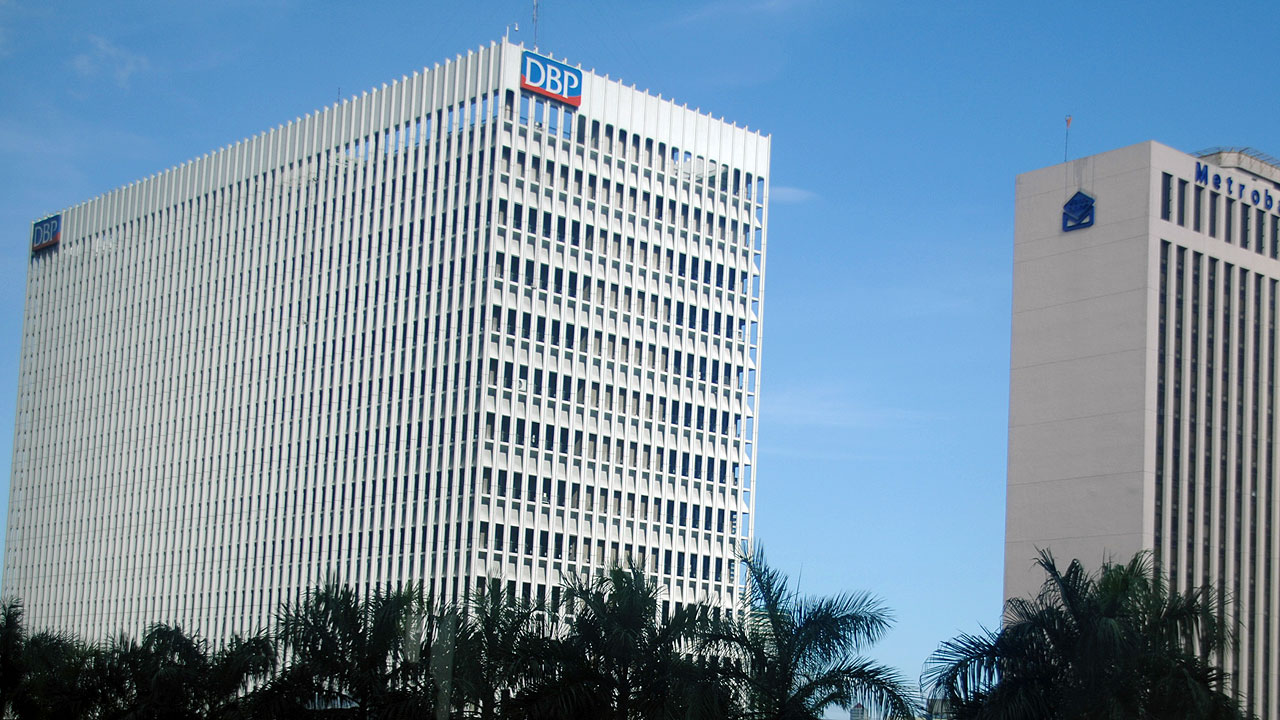DBP’s loans to construction firms hit P39.5B in first half

DEVELOPMENT BANK of the Philippines (DBP) approved P39.5 billion in loans in the first half for construction firms working on public infrastructure projects.
The state-owned bank said it has extended credit to 440 borrowers from January to June this year through its Infrastructure Contractors Support (ICONS) program introduced in 2017.
The ICONS program extends direct financing to construction contractors for infrastructure activities in transport, water supply and wastewater and sanitation, and communications, DBP said in a press release on Thursday. The bank also supports infrastructure projects under the social, power and energy sectors.
Broken down, the program benefited 151 borrowers in Luzon, 134 in Visayas, and 145 in Mindanao. Ten firms have multiple project sites.
DBP first rolled out its ICONS program in 2017 to provide special credit lines for contractors tapped by the National Government to implement big-ticket projects, including those under the “Build, Build, Build” program.
The revised list of 112 priority projects under the government’s flagship infrastructure program has a total cost of P4.687 trillion. Of the total, 29 are targeted for completion within the Duterte administration, while 51 are ongoing and 28 are in the pipeline.
DBP President and Chief Executive Officer Emmanuel G. Herbosa said the bank will continue to support the National Government’s infrastructure program.
“DBP has sharpened its focus on the infrastructure buildup program of the National Government to provide further impetus to the country’s economic rebound,” Mr. Herbosa said.
“DBP continues to assist contractors in meeting the growing demand for meaningful public infrastructure projects,” he added.
Fitch Solutions Country Risk & Industry Research last month said the country’s construction sector is expected to rebound “strongly” this year, although this outlook could be dampened by lockdowns and the Delta variant-driven surge in coronavirus disease 2019 cases.
The construction industry could grow by 24.2% this year after a 25.7% slump in 2020, Fitch Solutions said. — Jenina P. Ibañez



